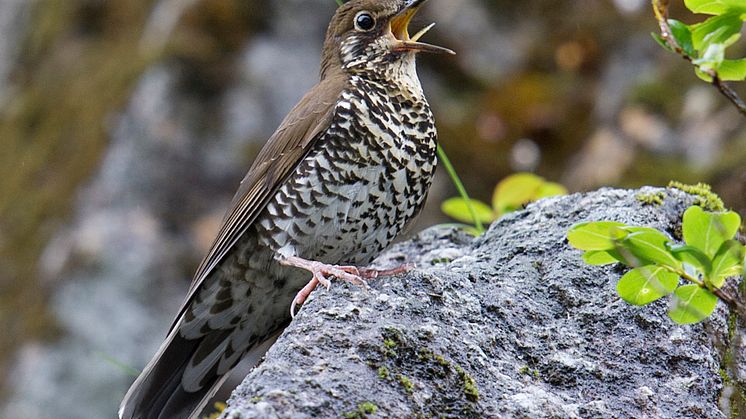Antibody can provide a more exact Alzheimer’s diagnosis than brain imaging with radioactive tracers
For the first time, researchers have succeeded in passing an antibody through the blood-brain barrier to act as a tracer for PET imaging of the brain. This resulted in more precise information being obtained than with regular radioactive tracers. The study provides hope for more effective diagnosis of early onset Alzheimer’s disease and improvements in monitoring the effects of medication.

